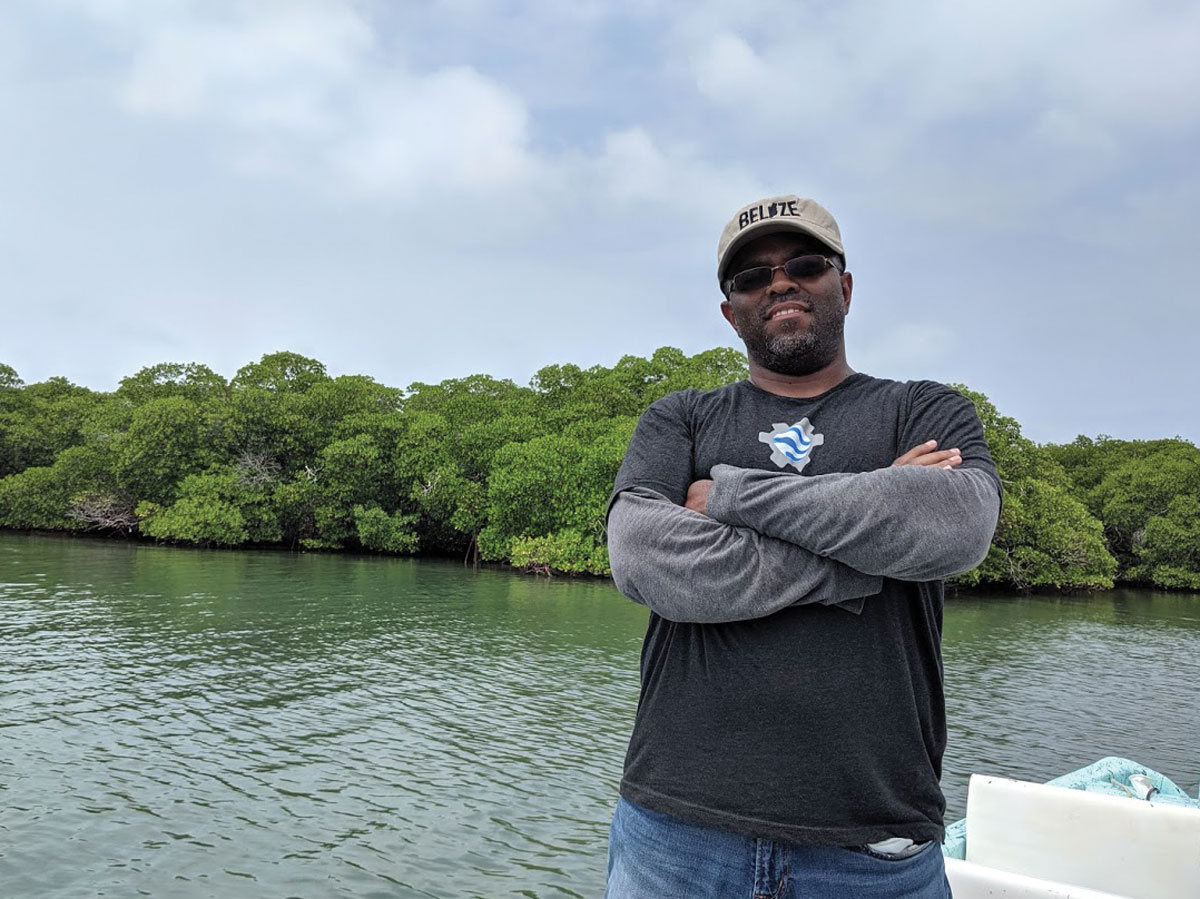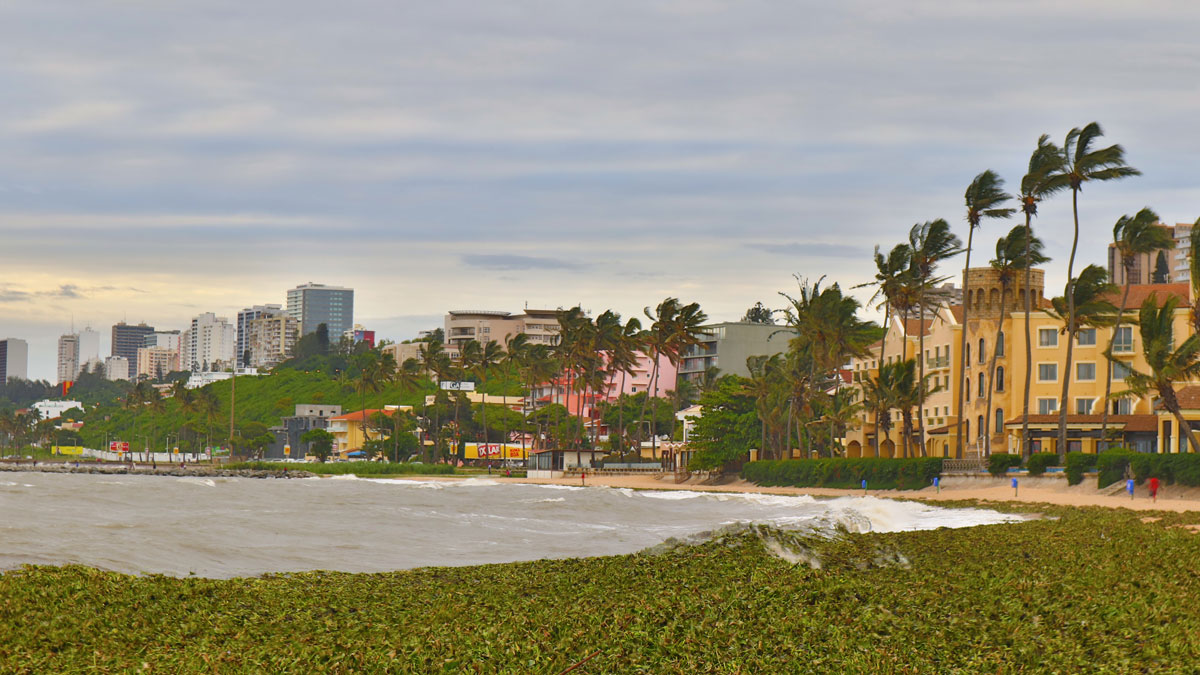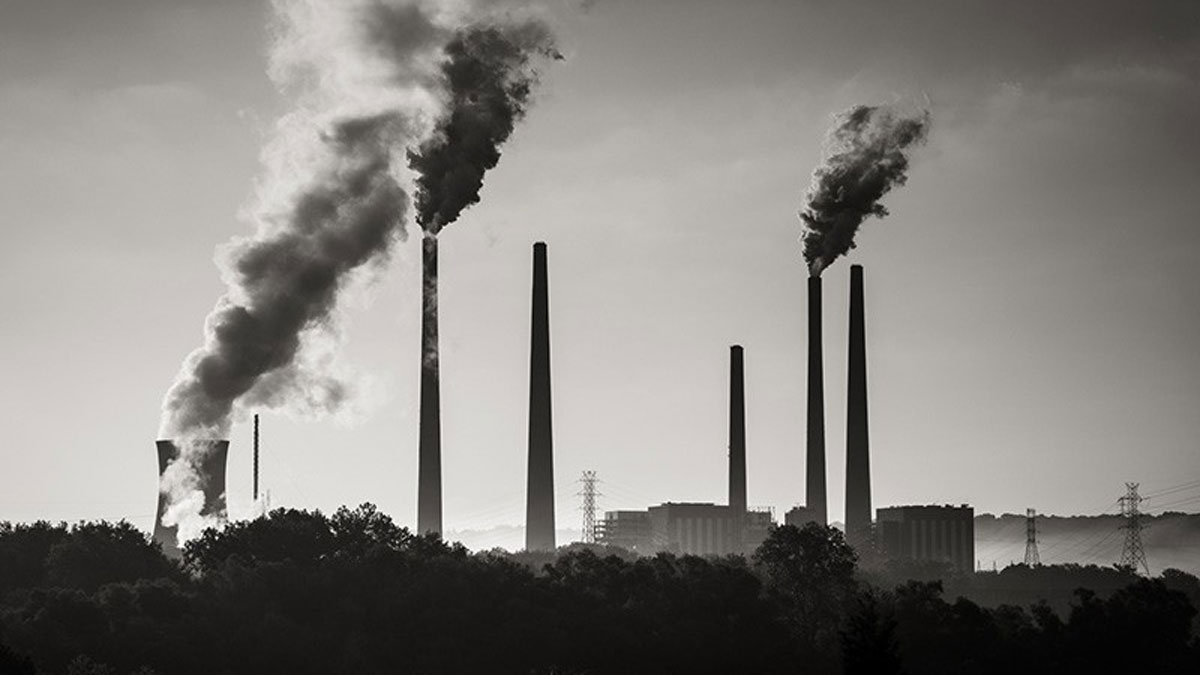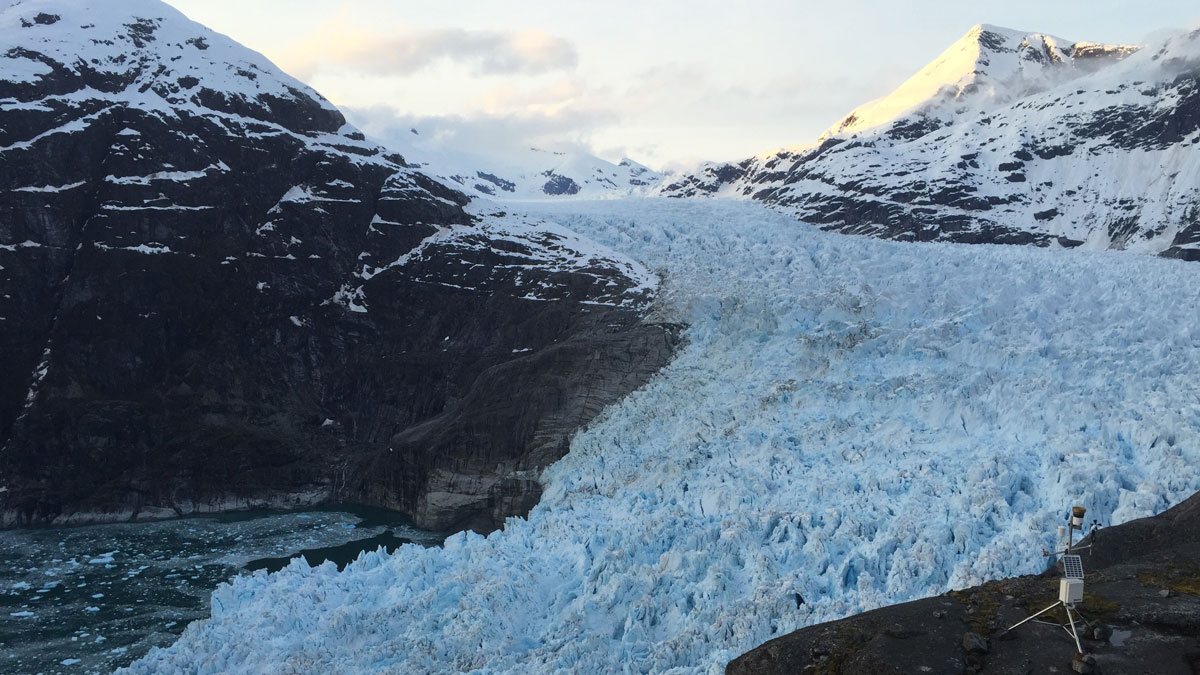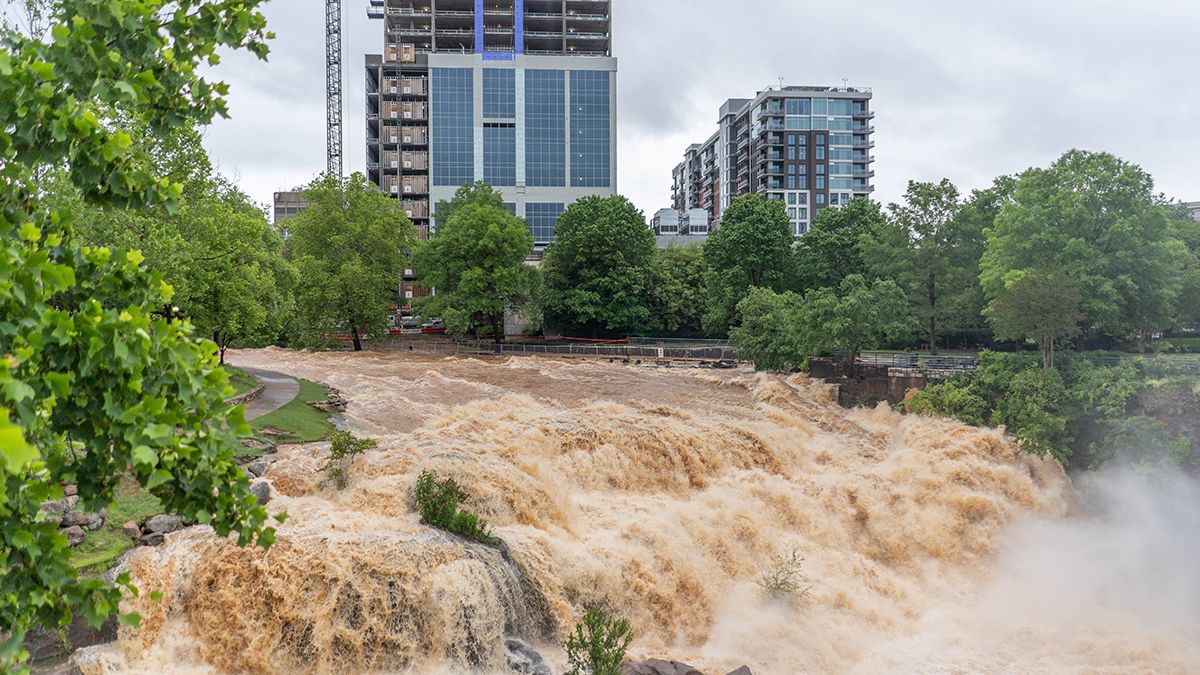Showing how eyes in the sky can help people on the ground.
science policy
Living near Fumigant-Using Farms Could Increase Cancer Risk
Analysis of data from 11 western U.S. states found higher cancer rates in people living in areas with elevated gas-based pest control.
Roosters, S’mores, and #EmergencyCute: A Humor-in-Crisis How-To
When natural hazards strike communities, we may not think science agencies should respond with humor. Researchers suggest that sometimes, however, humor can connect communities and bring smiles.
Cuantificando los beneficios para la salud de una transición a energías limpias en EE. UU.
Eliminar la contaminación del aire relacionada con la energía en los Estados Unidos podría evitar aproximadamente 50,000 muertes prematuras y ahorrar miles de millones de dólares al año.
Reevaluating Ecosystems on the Basis of Climate Change Vulnerability
Climate change elevates the risk category of ecosystems across the United States, a new study finds.
Severe Storms Expose Ill-Equipped Weather Stations in Southeast Africa
The lack of infrastructure is preventing scientists from robustly reporting meteorological information as well as communicating warnings about hazard-prone areas.
A Community-Led Landslide Prediction System in India
In a first-of-its-kind disaster prevention initiative, a meteorology-based landslide prediction system was developed as a crowdsourced science effort.
Quantifying the Health Benefits of a U.S. Clean Energy Transition
Eliminating energy-related air pollution in the United States could prevent roughly 50,000 premature deaths and save billions of dollars per year.
Glacial Knowledge Gaps Impede Resilience to Sea Level Rise
Changes to the support, culture, and community organization of U.S. glaciology are needed to advance understanding of glacial change and better predict rising seas and other ice loss impacts.
U.S. Businesses May Be Required to Report Emissions, Climate Risk
The proposed rules seek to give investors more complete and standardized climate risk information. The move would bring U.S. policy closer to international standards.

